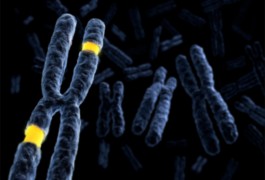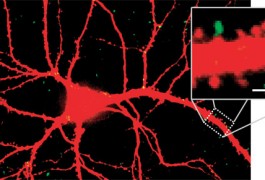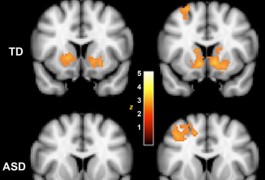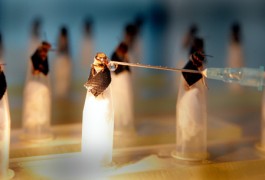Genetics: New statistical analysis links mutations to disease
A new study, published in September in PLOS Genetics, shows the importance of comparing cases to controls when linking mutations to a disorder. The researchers propose a new method of analysis that takes into account the large size of many genes expressed in the brain.





